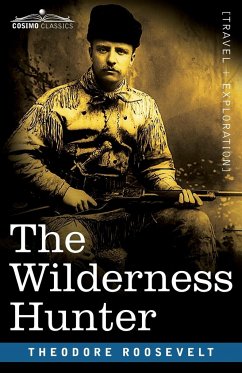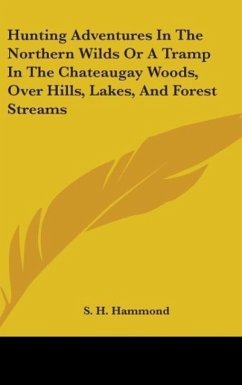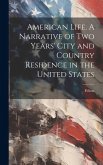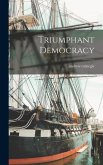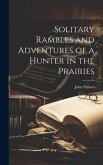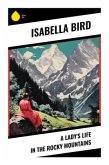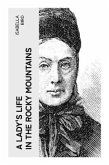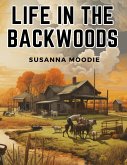"In hunting, the finding and killing of the game is after all but a part of the whole. The free, self-reliant, adventurous life, with its rugged and stalwart democracy; the wild surroundings, the grand beauty of the scenery, the chance to study the ways and habits of the woodland creatures all these unite to give to the career of the wilderness hunter its peculiar charm." -Theodore Roosevelt, The Wilderness Hunter The Wilderness Hunter (1893), by Theodore Roosevelt, describes hunting of many kinds of game, from blacktail deer to antelope, bighorn sheep, moose, and elk. Roosevelt shows his love for the outdoors in a colorful and vivid manner.

